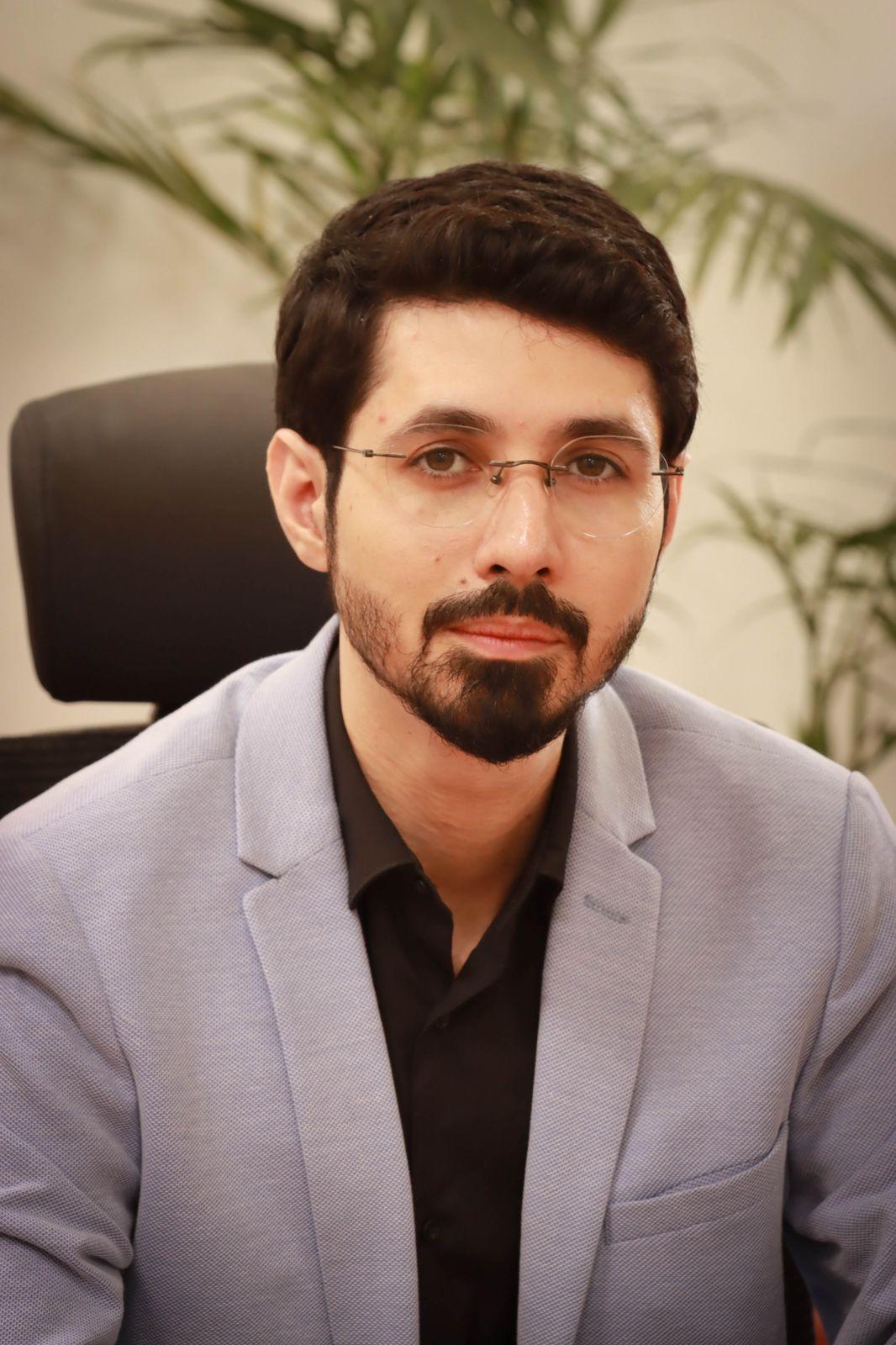Generosity of spirit and personal ethics are the highest virtues, said the Almighty. The Sufi way imbibes this philosophy and imbues into their believers’ hearts, a natural zeal for mercy, affection, generosity, forgiveness, and gratitude.
For centuries, the spiritual enlightenment of Sufi Masters has illuminated the paths of believers. Their mystical ways have, at times, baffled even the most ardent scholars.
What the world has come to understand as Sufism corresponds to the Arabic word Tasawwuf – the mystical branch of Islam that focuses on spirituality, purification, and asceticism. Most scholars have agreed that the term ‘Sufism’ may not be the accurate expression to cover the mystical movements within Islam. The efforts of the theologians to define Sufism has led to constant discussions on the origin of the name.
One of the widely accepted explanations was the etymological derivation of the word ‘suf’, which comes from the Arabic word for ‘wool’ – referring to the woollen garments of the masters. This aligned with the association of the saints and masters with poor, rough clothing and their disregard for worldly comforts.
The Sufi Masters attached great significance to the manifestation of spiritual poverty through material poverty. This can be alleviated only by deeper realization of the magnificence of the Almighty. The Arabic term ‘faqeer’ is commonly used across the Arab world and in the Indian sub-continent for mendicants or its most common Persian equivalent, dervishes. The word comes from the Arabic word faqr, which literally means “poverty”. They’re the ones who renounce worldly pursuits and dedicate their life to God.
The Sufi masters practiced tasawwuf in terms of interior attitude and spiritual perspective rather than any rituals or external practices. This has been documented in many important historical texts by Sufi writers. The etymological derivation of the word ‘safa’, viz. purity, also led theologians to acknowledge the interrelation of Sufism with high spiritual and moral development.
And so tasawwuf has always been an esoteric pursuit. The comment of the Persian Sufi master Abū al-Qāsim al-Qushayrī al-Naysābūrī (d. 1072) nearly a thousand years ago can provide a deep perspective. He said, “Know — may God show mercy to you! — that the majority of those true Sufis have become extinct, and, in our age, nothing is left of them but their traces.”
Al-Qushayrī was the author of Al-Risala al-Qushayriyya, a comprehensive text that aimed to show that Sufi beliefs and practices were compatible with mainstream Sunni Islam. It also provided a structure for Sufism, its terminology, and principles.
Sufi Masters realized that human’s wayward ways could adversely impact their spiritual growth even though they may fancy themselves to be dutiful followers. About a millennium ago, a revered Master expressed his exasperation with imposters in this way: “Sufism was once a reality without a name and now it has become a name without a reality.”
Despite many imperfections, it is the abiding faith of humans that has enabled her journey into a deep personal purification. Sufism is the paradigm of asceticism and spiritual transcendence. It has been marked by a highly diverse set of traditions, with adherents from many different walks of life and with different levels of involvement. ‘Sufism’ is a term that acquaints the seeker with an expansive diversity of orders that were established at different places and in many different times, by many different spiritual masters. These mystics were defined by the common thread of their pursuit of the Almighty, drawing inspiration from the holy Quran and the Beloved Prophet Muhammad, peace and blessings upon Him.
Sufism is rooted in the very beginnings of the Islamic faith. It is a rich, complex religious and cultural phenomenon always anchored within Islam. From North Africa to Turkey, Iran, Afghanistan and Central Asia; through the Arab world, the Persian regions and the Indian sub-continent, the astounding and impressive range of Sufi structures and organizations, rules and creeds, practices and concepts have been as diverse as the regions where they flowered and bloomed.
Through these vast, expansive regions, the mystical paths of tasawwuf have flown as part of the inner mystical dimension of Islam. Tasawwuf has inspired countless daily expressions that continue as popular as folk sayings, social references, concepts in literature and in popular culture. Sufis have recognized the potential of every man to ascend to the highest plane if his devotion and surrender to the Almighty is complete.
The much loved Sufi Master Maulana Jalaluddin Rumi framed it so:
“There is a breath of God in each of us human beings.
I am not from the East or the West.
Not out of the ocean or up from the ground,
not natural or ethereal, not composed of elements at all.
I do not exist, am not an entity in this world or the next.
My place is placeless, my trace is traceless. Neither body, nor soul.
I belong to the Beloved, have seen the two worlds as one.
And it is that one I call to, and know first, last. . .inner, outer.
Only that breath, breathing the human being.”
Persian Sufi master al-Ḥakīm al-Tirmidhī, Bayān al-Farq, one of the great early authors of Sufism, described the spiritual journey as an inward journey through the heart’s concentric circles. “The inner heart is the abode of the light of gnosis (nūr al-ma’rifah),” the Master wrote. Verily, it is the heart that holds everything. Such is the greatness of Sufi Masters. They know that the splendor of the Almighty suffuses every reality.
Disclaimer
Views expressed above are the author’s own.
END OF ARTICLE





